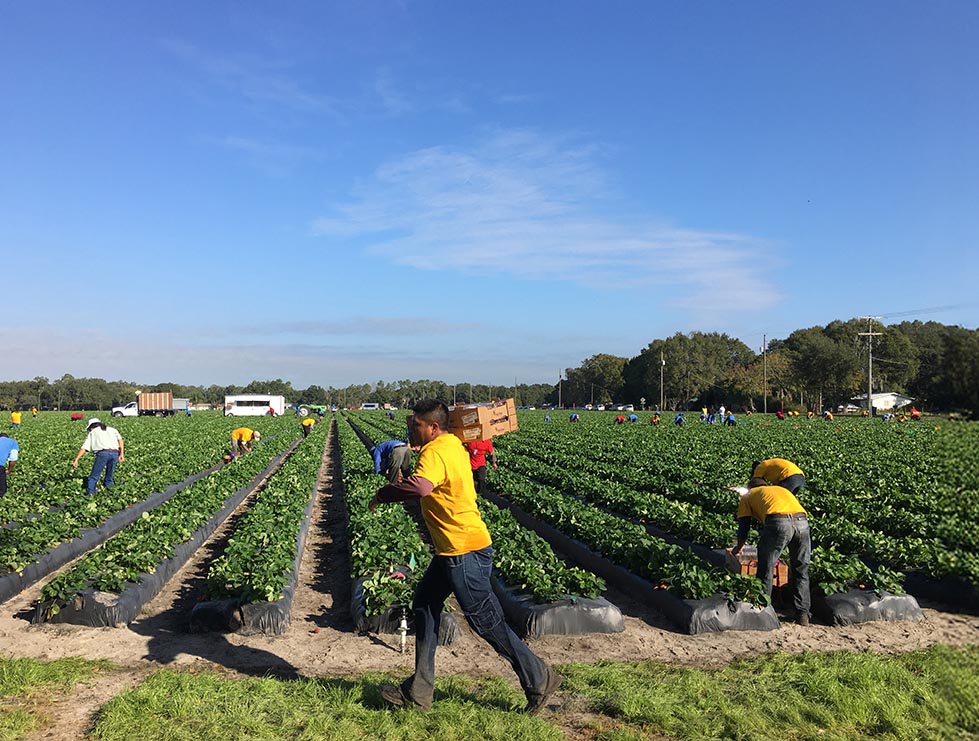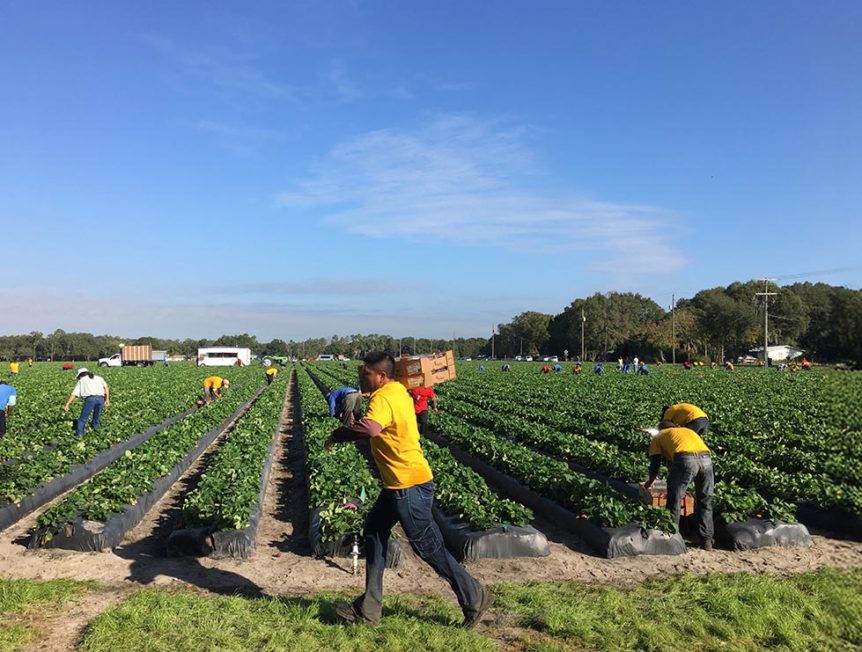
By Frank Giles
It has been busy on the ag labor front recently. There have been several announcements at the federal level amid continued deportation efforts by the Trump administration.
In late June, Department of Labor (DOL) Secretary Lori Chavez DeRemer gave comments regarding the agency’s H-2A program during the Western Governors Association meeting in New Mexico. She acknowledged the importance of agriculture in many states and the importance of migrant labor in filling jobs on farms. She also acknowledged that many Americans don’t want these jobs.
While immigration enforcement continues, she added that efforts are underway to streamline the H-2A program. She said DOL will set up an emergency office in coordination with the Department of Homeland Security, the State Department and the U.S. Department of Agriculture (USDA). The goal of the office would be to speed up the processing of H-2A workers to get them to farms more quickly and to add more transparency to the process.
Farmworker Rule Suspended
DOL also announced that it would be suspending enforcement of the Biden administration’s Farmworker Protection Rule. The agency said ending enforcement of the rule aimed to add clarity for farmers using the H-2A program as immigration enforcement actions continued. The enforcement suspension also was in response to legal challenges against the rule in several states.
DOL noted: “As multiple federal court injunctions have created significant legal uncertainty, inconsistency and operational challenges for farmers lawfully employing H-2A workers, this (action) clarifies that the department will not be enforcing the 2024 final rule effective immediately — providing critical predictability for agricultural employers as litigation continues and as the department considers further regulatory action.”
From the farm sector perspective, the suspension is considered a win, because the rule was considered another layer of costly regulations on an already burdensome program.
Balancing Act
Honoring President Trump’s border mandate and supporting a key constituency that relies on migrant labor has created a balancing act for the Trump administration.
That balancing act has led to some mixed signals from the administration. In June, Trump announced a pause on immigration raids on farms. Within days, that position was walked back after backlash from those who strongly support deportations. The concern is that any accommodations to farm laborers would be painted as amnesty by immigration hawks.
During an early July USDA press event, Secretary of Agriculture Brooke Rollins noted, “There will be no amnesty. The mass deportations continue, but in a strategic way, and we move the workforce towards automation and 100% American participation. With 34 million people, able-bodied adults on Medicaid, we should be able to do that fairly quickly.”
For growers who have struggled with sourcing labor for decades, the notion of filling farm jobs with Medicaid recipients didn’t fall within the realm of reality. While the administration tries to balance border policy, agriculture and food security, reforms to the H-2A program seem to be the middle ground.
For growers in the Southeast who largely rely on H-2A labor, a more streamlined program would be a welcomed development. But getting to some form of compromise in volatile political times is no easy task.










